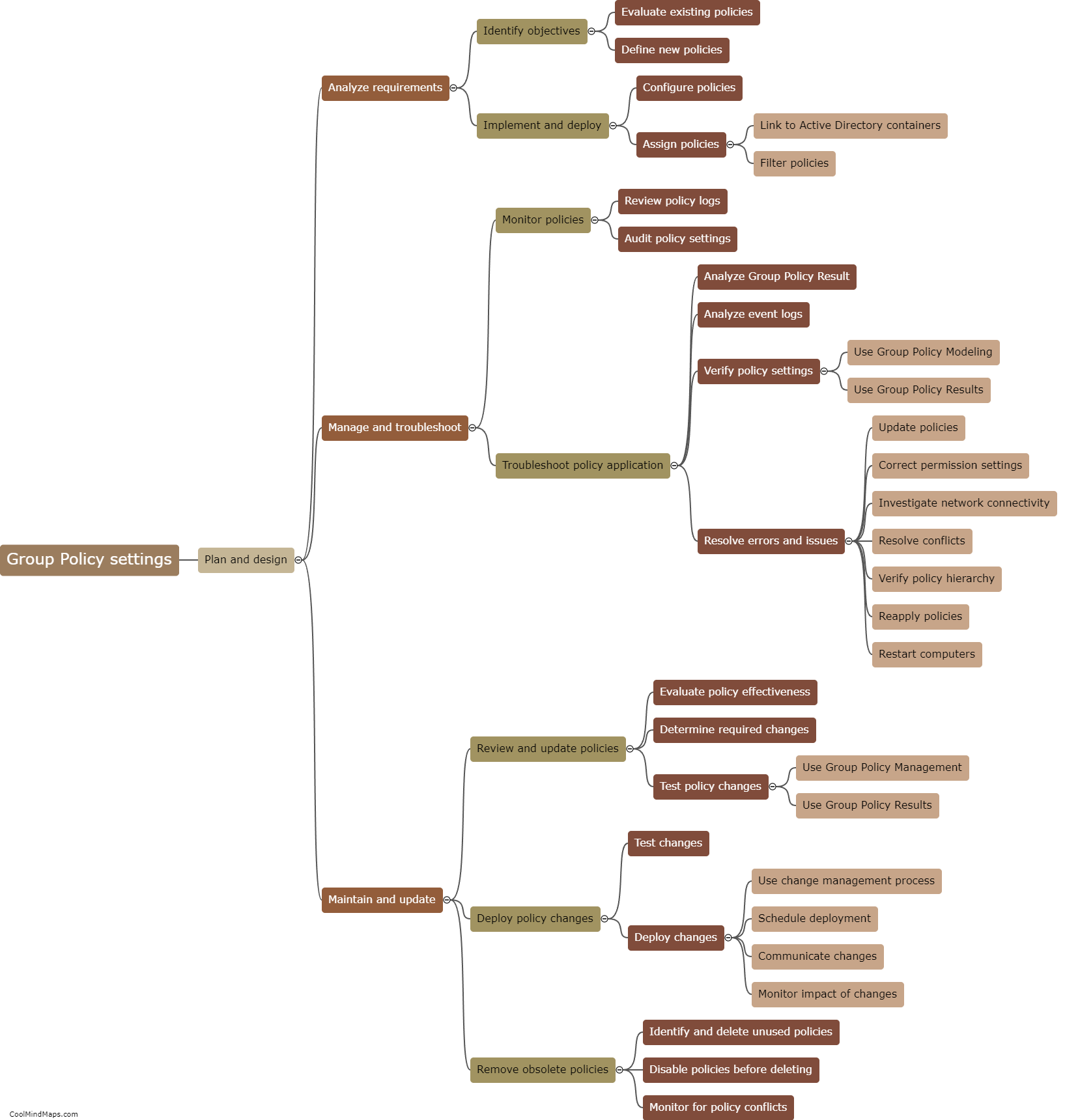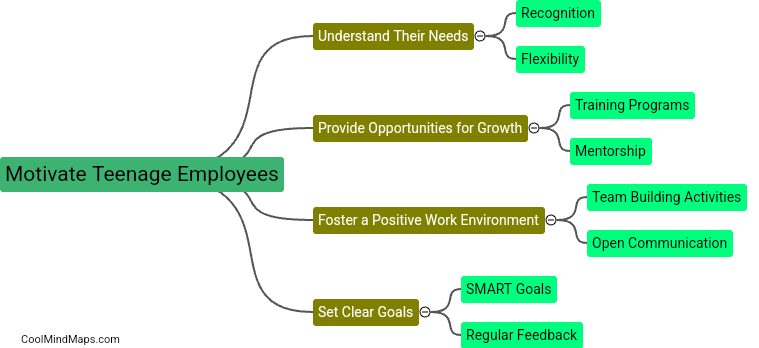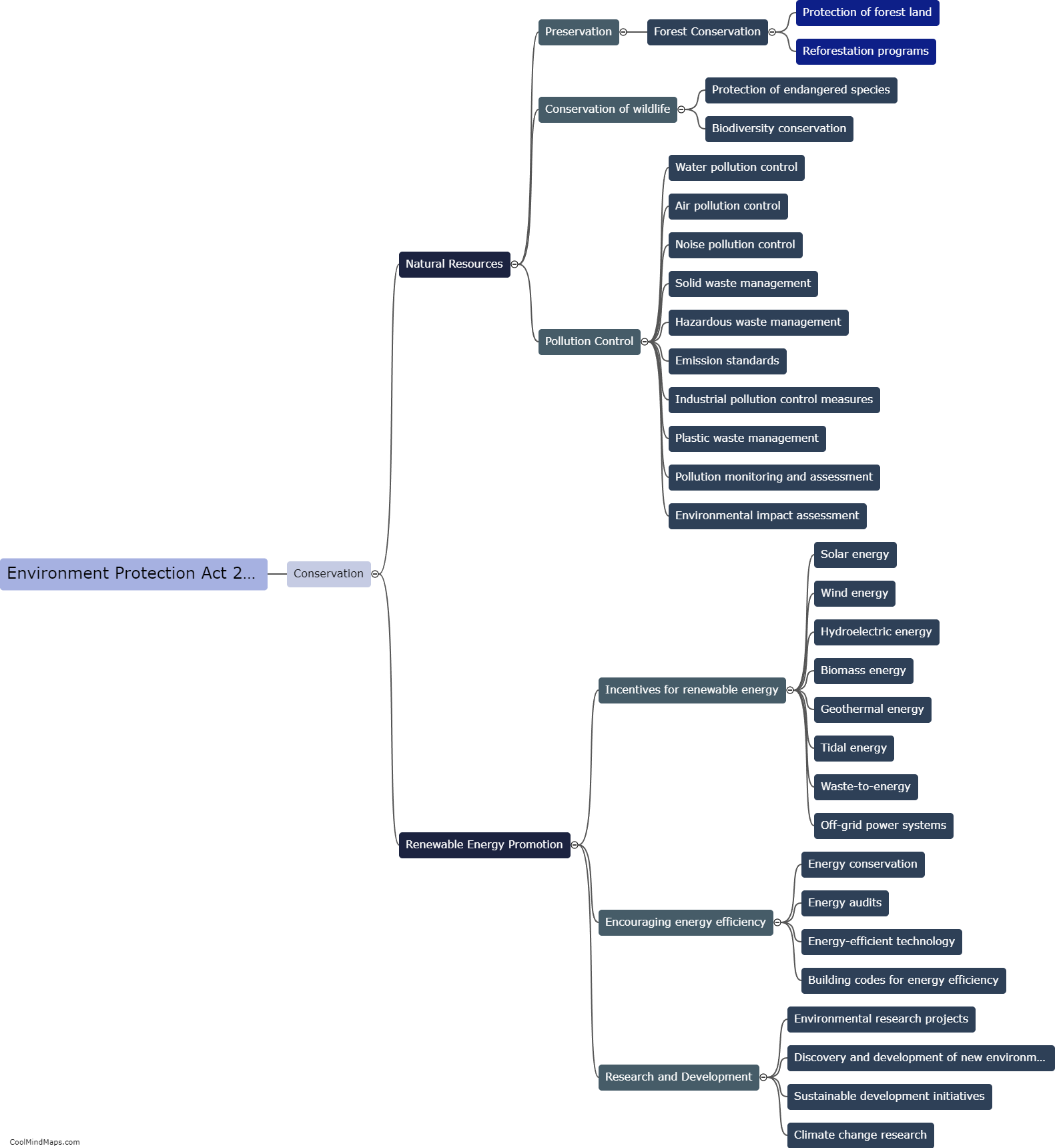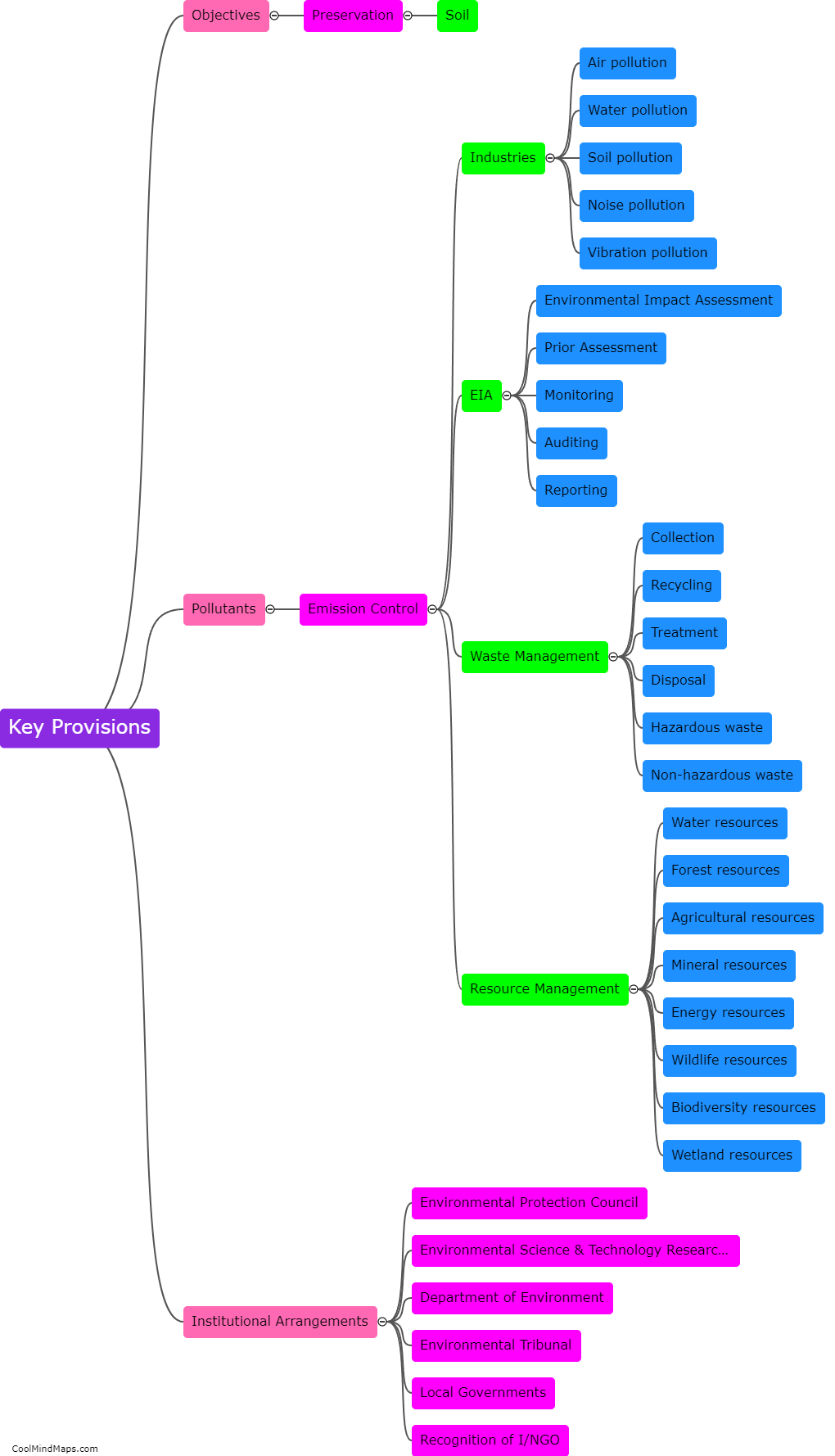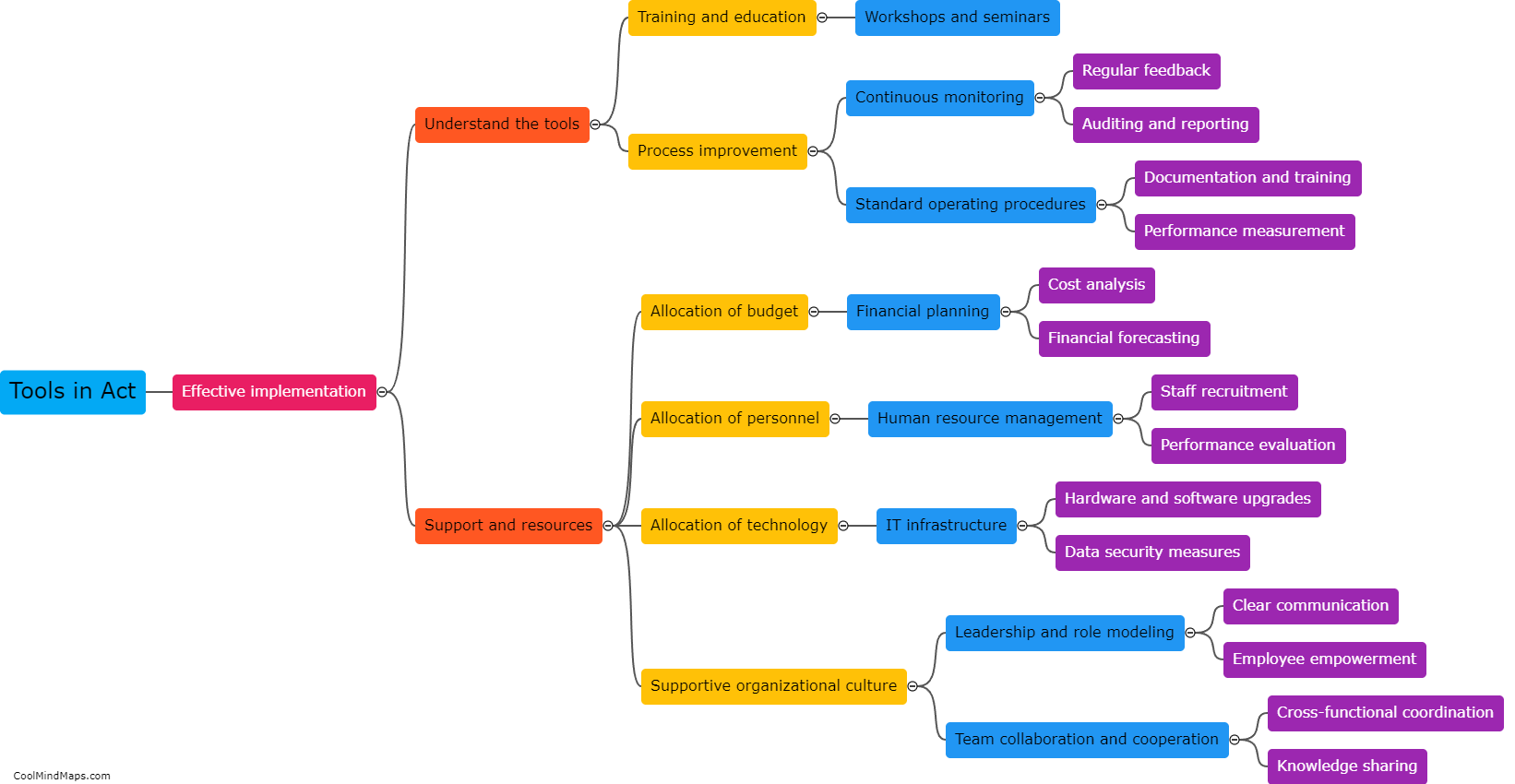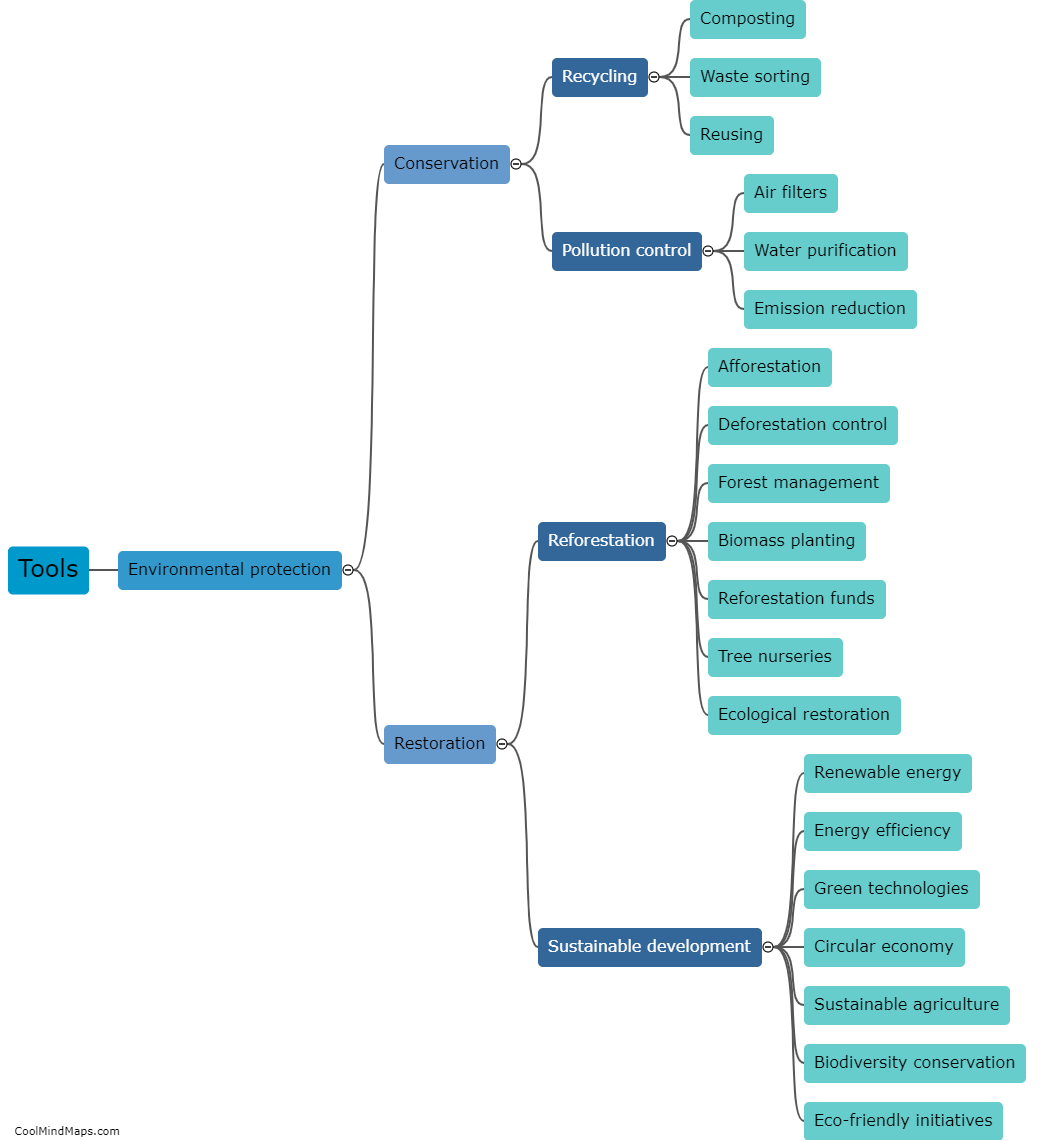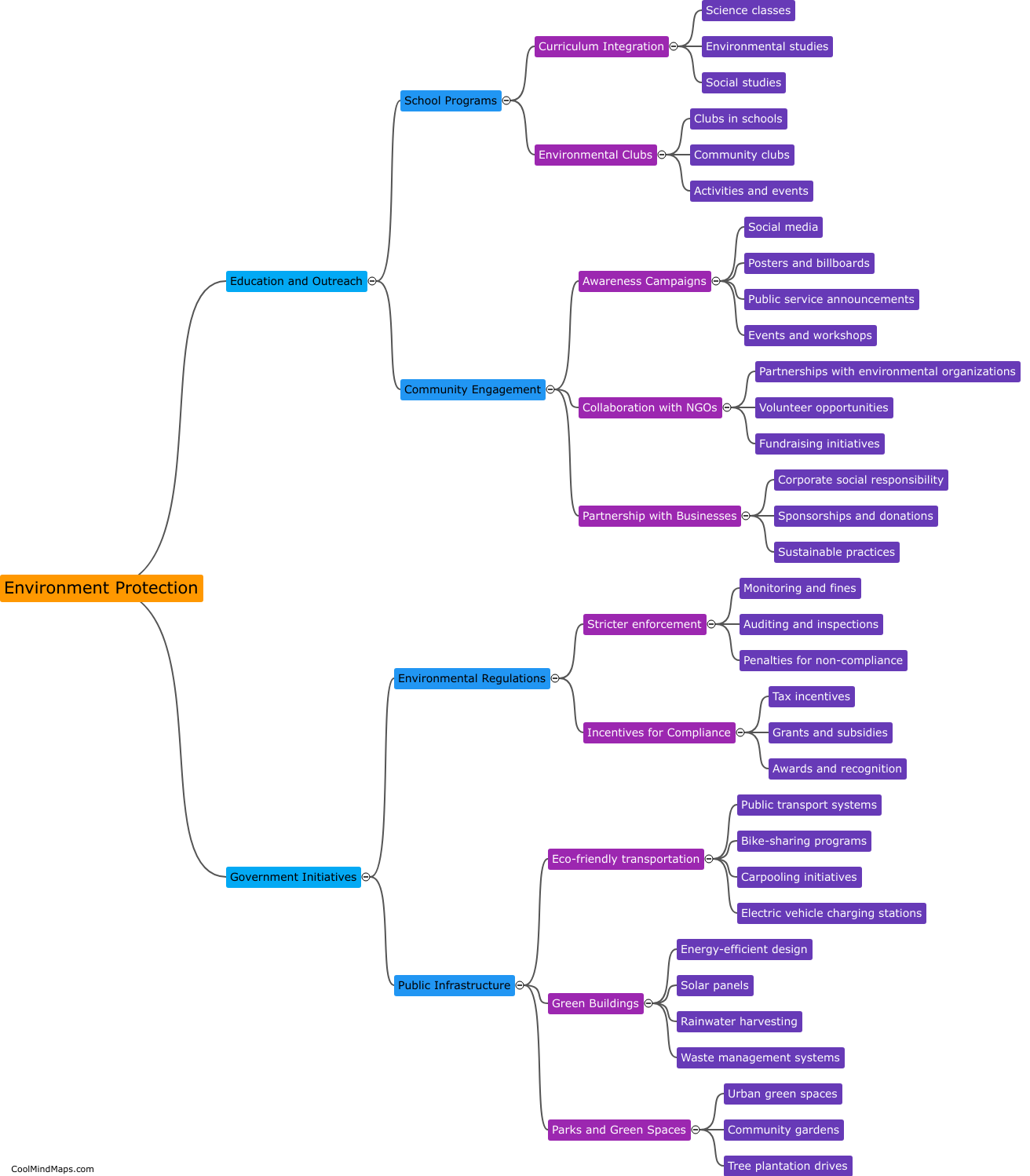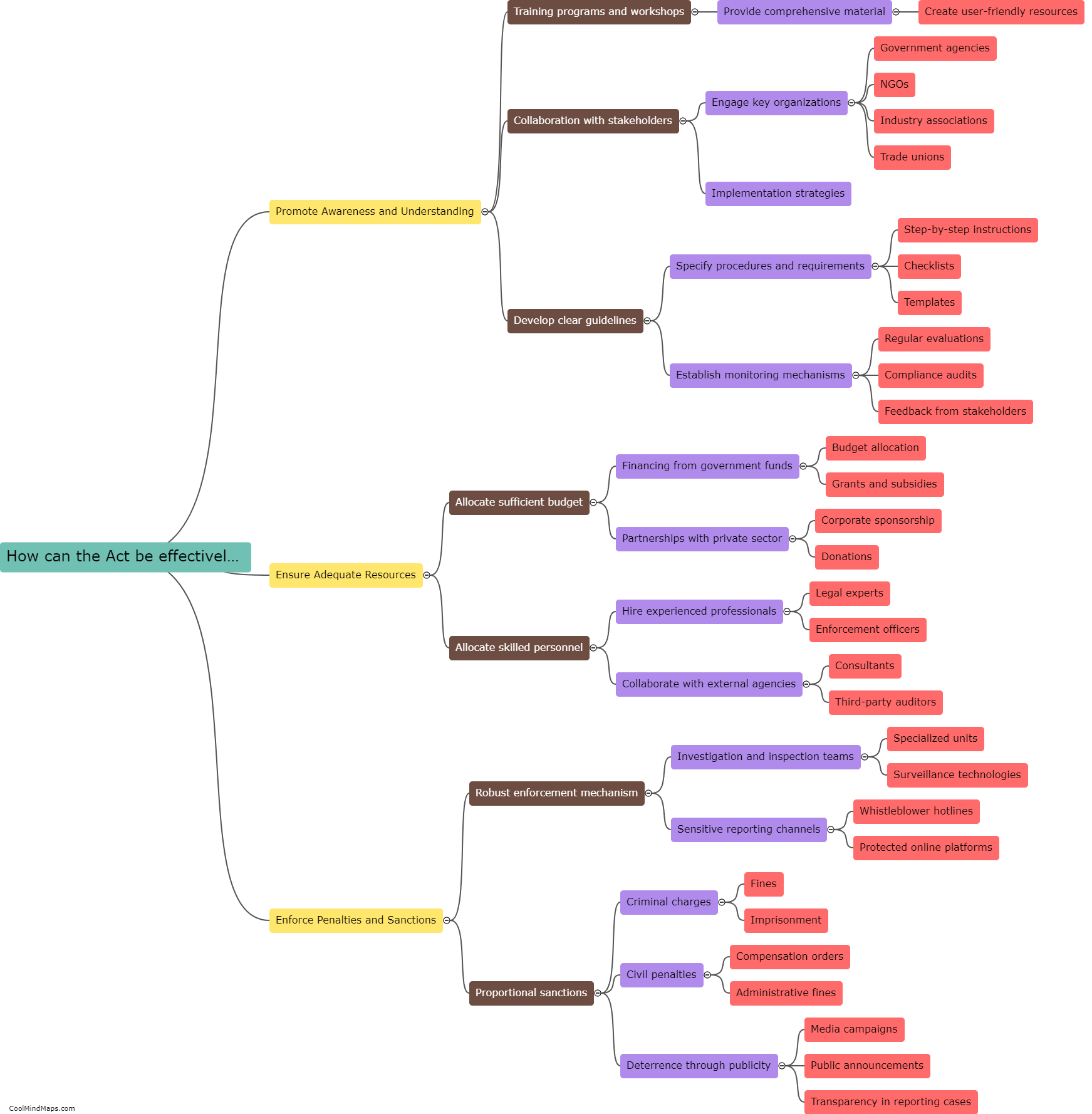What are the roles and responsibilities of different stakeholders under the Act?
Under the Act, there are several stakeholders who have specific roles and responsibilities. The government, as a key stakeholder, is responsible for enacting and enforcing the Act, as well as providing guidance and support to other stakeholders. Businesses have the responsibility to comply with the Act, which includes properly labeling products, protecting consumer privacy, and ensuring fair competition. Consumers, on the other hand, have the right to access accurate information, make informed choices, and lodge complaints if their rights are violated. Non-governmental organizations and consumer advocates play a crucial role in monitoring and reporting violations, as well as advocating for the rights and interests of consumers. The media and educational institutions have the responsibility to raise awareness about consumer rights and educate consumers about their rights and responsibilities. Overall, the Act aims to create a collaborative environment where all stakeholders play their part in protecting and promoting consumer rights.
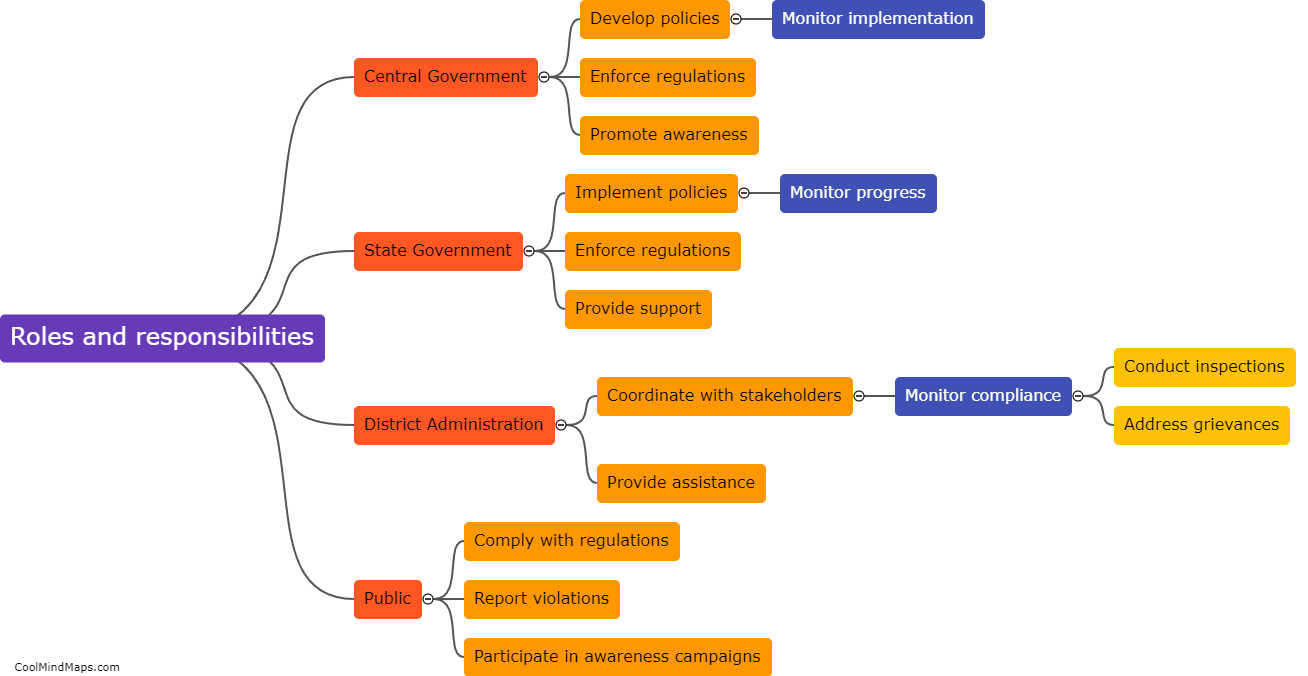
This mind map was published on 28 November 2023 and has been viewed 104 times.
